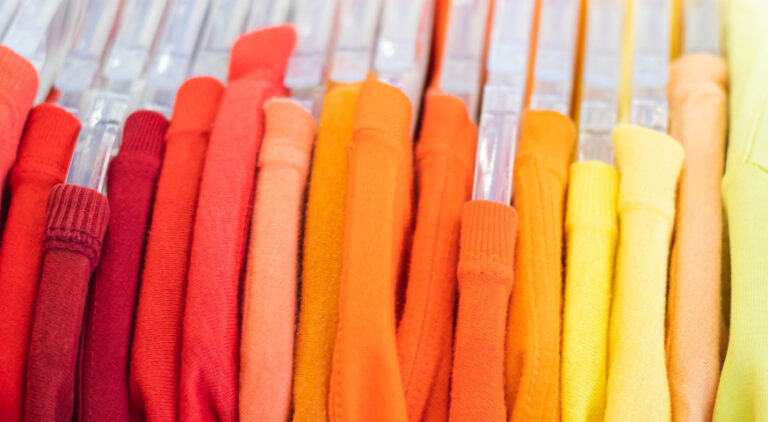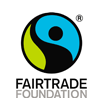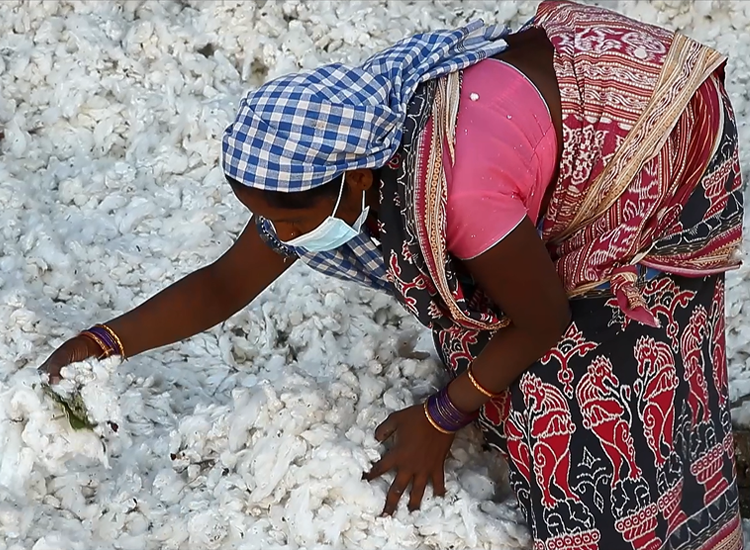by Martine Parry
The UK spends £27 billion on clothes each year and there’s no sign that our obsession for fast fashion is slowing down.
Most of this huge sum is pocketed long before it reaches the salaries of factory workers or cotton farmers.
What is the real cost of fashion and how can we make sure a fair price is being paid to the people doing the hard work so they can care for their families?
Watch our film, Unravelling the Thread, which shines a light on the dark side of the fashion industry and aims to show how we can play our part in improving the lives of garment workers.
The process of making clothes is complex and involves many people and corporations around the world. Brands want to keep their profits high and their costs down so they will move orders to whichever factory will make it cheapest. To get the work, factories often compete to pay the lowest prices. They cut corners on health and safety. Slash wages. It’s a race to the bottom.
In 2013, 1,138 people lost their lives when Rana Plaza clothing factory in Bangladesh collapsed. Five years on, people from all over the world have used their voice to tell brands that things must change. And it’s working. The industry is starting to change.
You, me, all of us have a lot more power than we think in all of this. Retailers need to sell clothes. They need us to buy them. Which puts us in prime position to say what we will and will not put up with.
Subindu Garkhel, Cotton Manager at the Fairtrade Foundation
Arun Ambatipudi who has worked in the cotton industry for many years explains: ‘Cotton prices globally are very, very low. For the last 50 years the price of cotton has always been low and more importantly the price of production is going up year on year which means most of the time the cotton farmer is making a loss.
‘Cotton and textiles is a very lengthy and complex supply chain – so cotton farmers are removed from the consumers. They are at the bottom end of the chain which means they do not have the power to negotiate with the consumers or with the traders.’
Cotton farmers aren’t making enough money for a decent standard of living. They can’t afford to pay for essentials for their families like medicine when they are ill, school fees for their children and even food.
Where cotton is grown on smaller farms it is even harder for the farmers to make their voice heard. And it’s not just the people that suffer. In an effort to increase their crops and therefore their income, farmers often use chemicals that are harmful to the environment and their health.
In the textile factories, some workers do not earn enough in a month to pay for one of the garments that they are producing. They are forced to work in unbearable conditions in order to meet the demands for disposable discount fashion.
‘The process of making clothes is complex and involves many people and corporations around the world. There isn’t just one thing that’s the problem,’explains Subindu Garkhel, Cotton Manager at the Fairtrade Foundation.
‘Brands want to keep their profits high and their costs down so they will move orders to whichever factory will make it cheapest. And brands push for cheaper ways of making clothes because consumers – the people who buy the clothes – want cheaper clothing. As a result, the whole chain of making and selling clothes is broken.”
How can we break the cycle?
Fairtrade supports cotton farmers and workers in the clothing supply chain through our Seed Cotton Standard.
And the Fairtrade Textile Standard was set up to bring about positive change and protection for workers in textile supply chains. It works with manufacturers and workers to bring about better wages and working conditions, and engages clothing brands to commit to fair terms of trade.
How we can help

Cotton
10 June, 2020Find out what is meant by Fairtrade cotton, and where you can buy Fairtrade cotton clothes, bedlinen, towels and other homewares.

